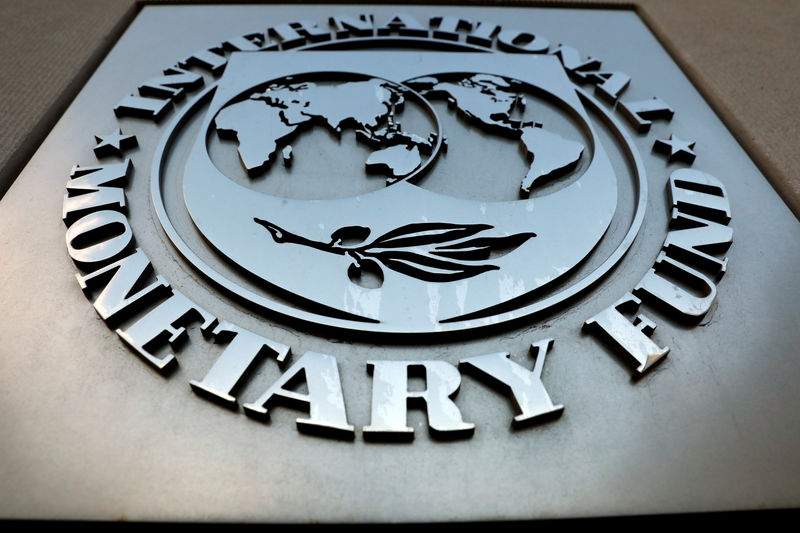By Marc Jones
LONDON (Reuters) - The International Monetary Fund has proposed that the European Union improve transparency, regulatory oversight and insolvency rules in its proposals to create a stronger capital market system, a senior IMF official said.
EU efforts to create a Capital Markets Union (CMU) have made little headway so far, but the plans are seen as offering major benefits, such as encouraging firms to raise more funds through stocks and bonds rather than relying so heavily on bank loans.
It was originally launched in 2015 and has been a central plank of the current European Commission's mandate which is due to expire. But after a reset of the project in 2017 and adoption of 11 new EU laws, most companies in Europe still get their money from banks.
This contrasts with the United States where companies tap financial markets, which have greater capacity to spread risk more evenly across the economy.
The IMF is set to publish an analysis in the next week or two on the potential benefits of a CMU and give recommendations on ways to improve it, according to Poul Thomsen, head of its European department.
Speaking at the London School of Economics on Friday, he said the improvements focused on three areas -- transparency, regulatory consistency and insolvency frameworks.
On transparency, the Fund was recommending instituting centralized, standardized and compulsory electronic reporting for all issuers rather than only large issuers as the current EU plans envisage.
He said it would be "a major additional step" and "a relatively powerful tool going forwards" given that market-based finance revolves around publicly available information.
Underscoring the differences between Europe and the United States, he said that equities were worth just 68% of gross domestic product in Europe compared with a ratio in the United States closer to 170%. Euro area private sector debt securities add up to 85% of GDP compared with more than 100% in the United States.
The flip side is the respective banking systems. Total banking sector assets are worth about 300% of the 19-country euro zone's GDP versus only 85% in the case of the United States.
Thomsen acknowledged that trying to align insolvency practices was probably the most difficult part of CMU to tackle because they are deeply steeped in national legal traditions.
"Here harmonization will take place extremely gradually at best," he cautioned.
The fund is also recommending regulatory oversight to include "ex-post enforcement" to deter misconduct and be "deeply intrusive" for Central Counter Parties (CCPs) and complex investment funds important to the wider financial system.
However, a more restrained approach could be taken to purely equity-based parts of the market that in theory should cause little contagion if they collapse.
"I would like to stress the importance of proportionality," Thomsen said.
